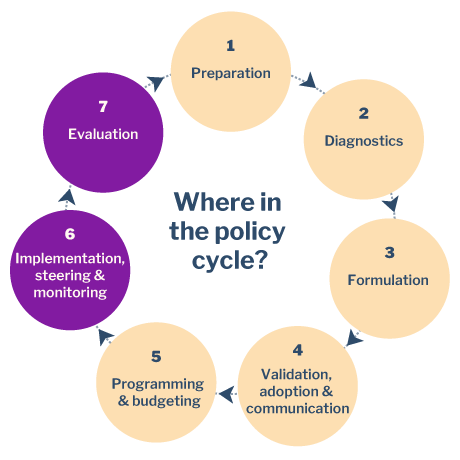Nudging technique: Correcting for bias

As late as 1970, only 5% of musicians performing in the top five orchestras in the United States were women. Orchestras were missing out on an enormous pool of qualified talent. For decades, women would audition and simply not get hired, facing unconscious bias that assumed men were better suited to professional orchestras. Orchestras recognized this pain and the potential benefit of hiring these talented women. Starting with the Boston Symphony Orchestra, they designed a solution to correct for bias, asking all musicians to audition from behind a screen. “When they did so, usually in preliminary rounds, it raised the likelihood that a female musician would advance by 50 percent and substantially increased the proportion of women hired.”
By simply removing the visible aspects of the selection process, judges were able to make unbiased decisions of who was best for the orchestra, based on the musical abilities of the applicants instead of their gender.
Where in the policy cycle can this approach be used?

Potential for change
The “blind screening” approach has also proven to be successful in job applications. Several companies, such as Airbnb, take demographic information out of CVs before evaluating them. This means recruiters choose people who are best suited for the job in terms of abilities and skills, and they get a more diverse set of candidates to interview.
A few companies have developed tools and online platforms to help implement this technique:
- Applied
 . “By structuring and blinding your applications process we help you make the best hiring decisions for your organization.” This blinds applications and shares evaluation assignment to different evaluators, to ensure assessments are independent and centrally aggregated.
. “By structuring and blinding your applications process we help you make the best hiring decisions for your organization.” This blinds applications and shares evaluation assignment to different evaluators, to ensure assessments are independent and centrally aggregated. - GapJumpers
 . “Employers use our technology to find untapped talent using blind auditions.”
. “Employers use our technology to find untapped talent using blind auditions.” - Unitive
 . Blinds applications and exposes managers to one piece of information at a time so an evaluator’s rating is less influenced by false assumptions.
. Blinds applications and exposes managers to one piece of information at a time so an evaluator’s rating is less influenced by false assumptions.
Sources
Bohnet, I. (2016). What Works, Gender Equality by Design. Cambridge, Massachusetts: The Belknap Press of Harvard University Press.
Rice, Curt (2013). How blind auditions help orchestras to eliminate gender bias ![]() .
.